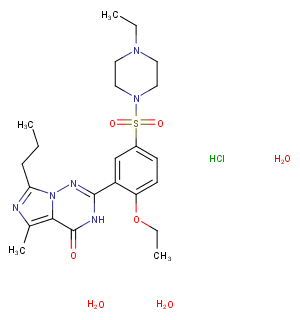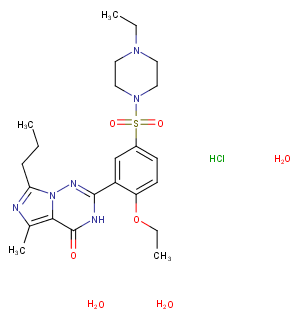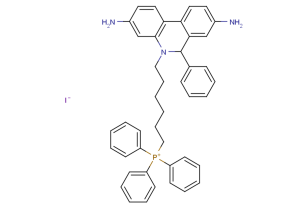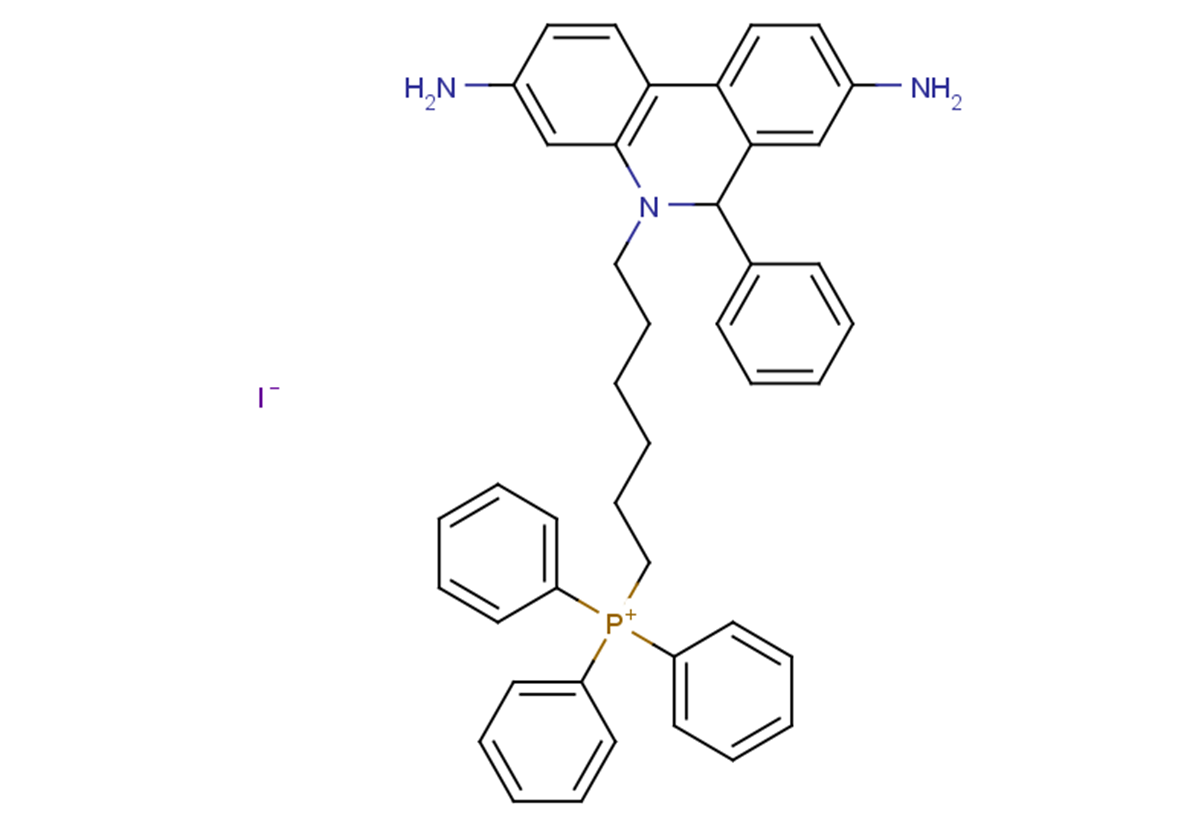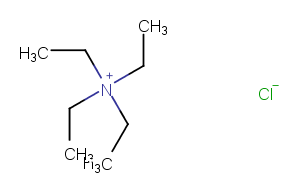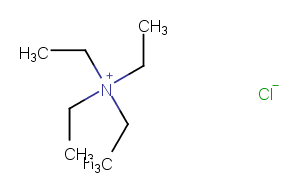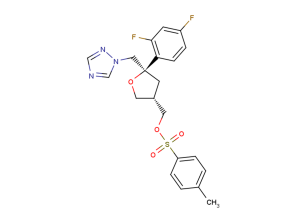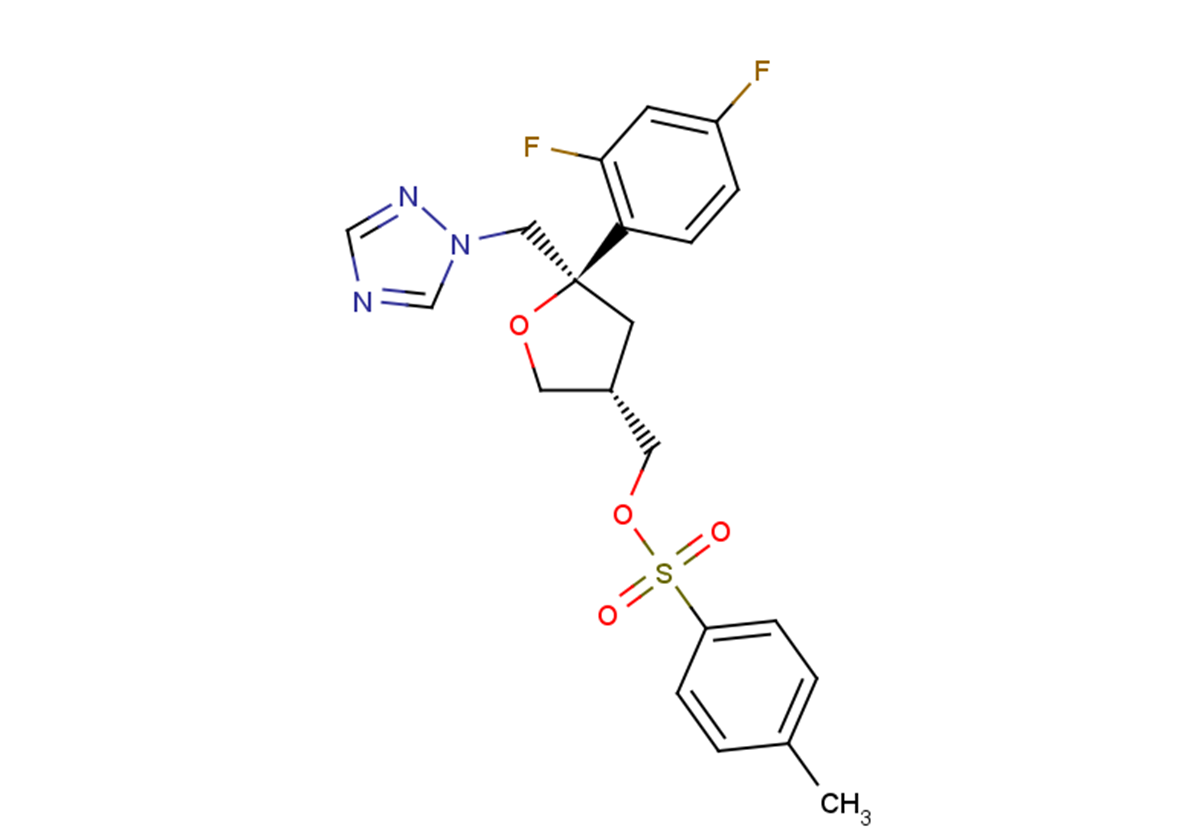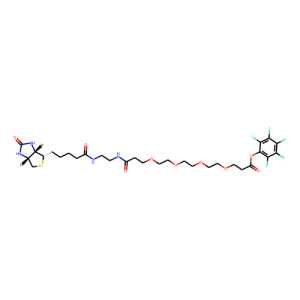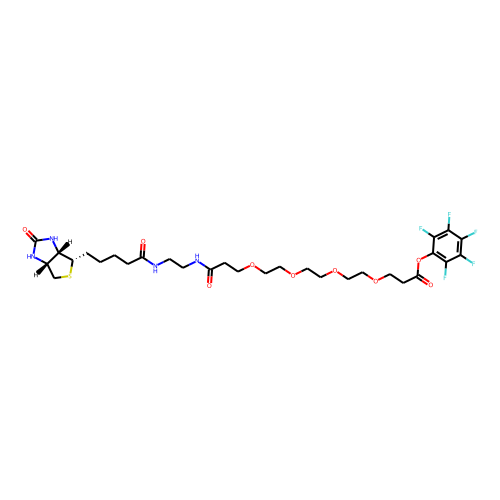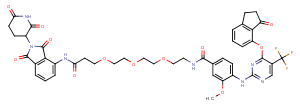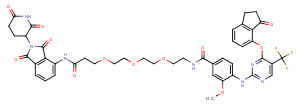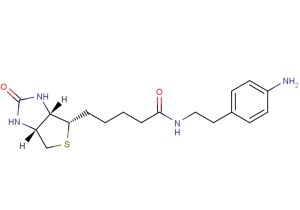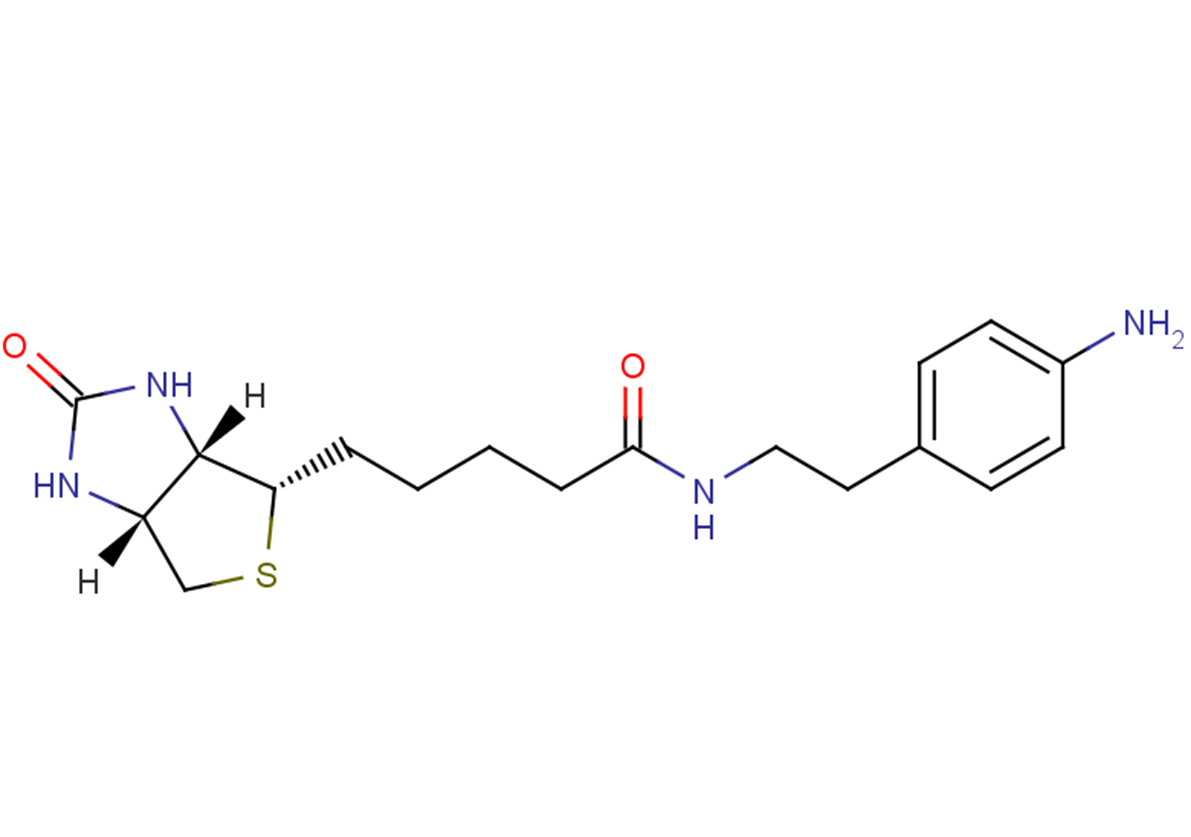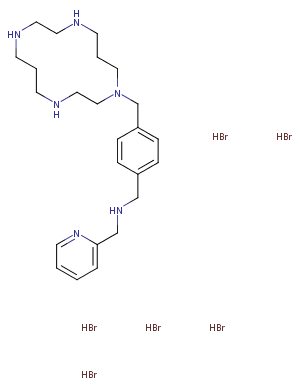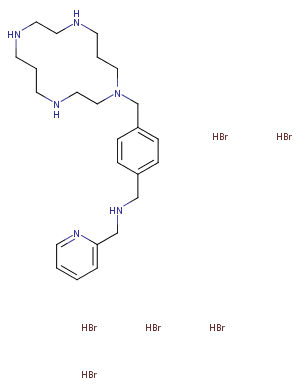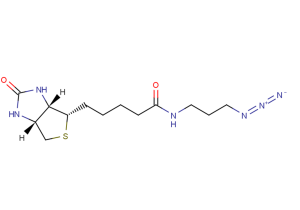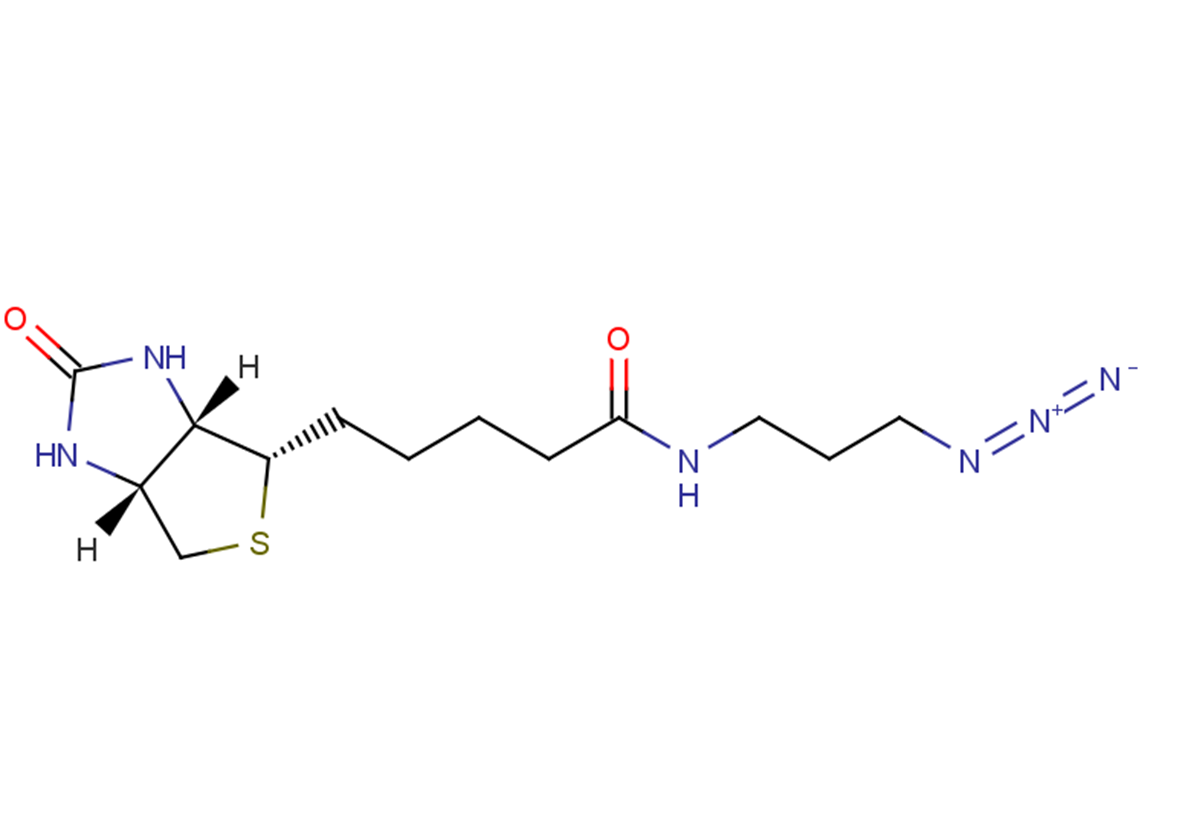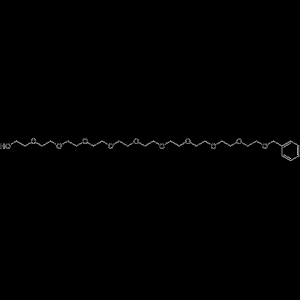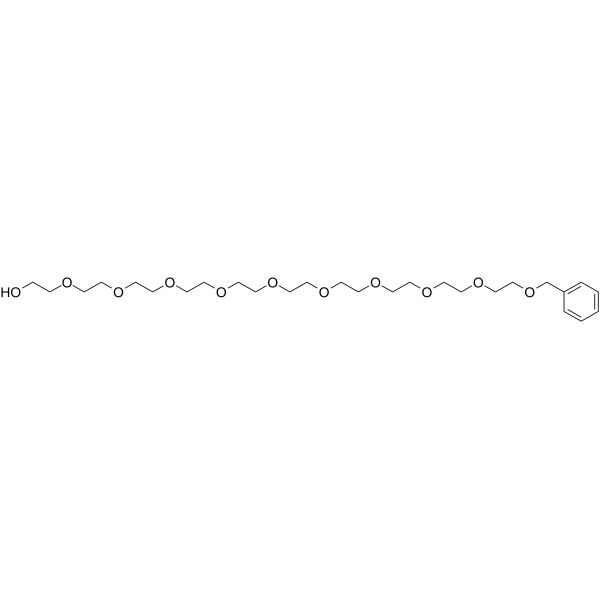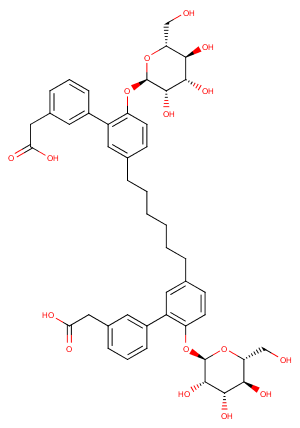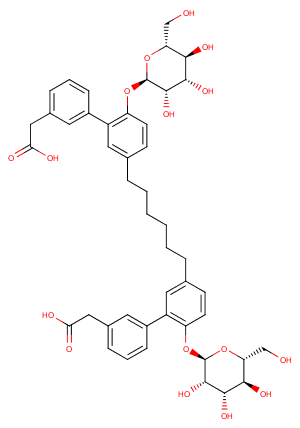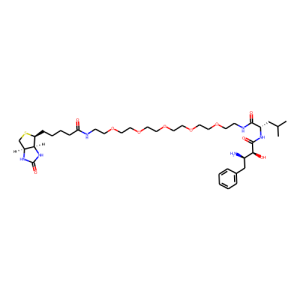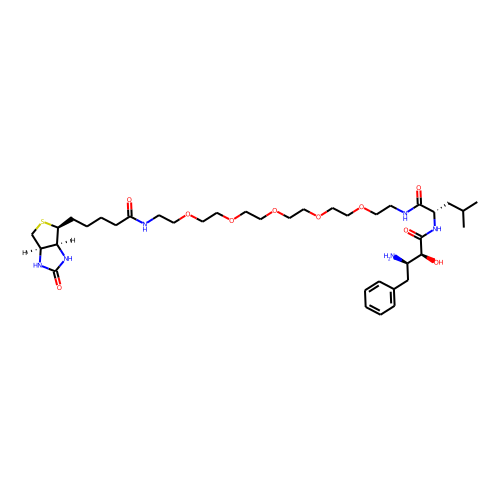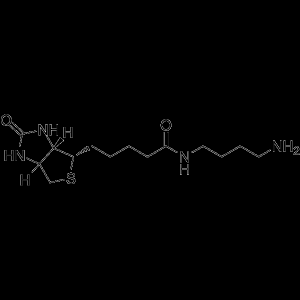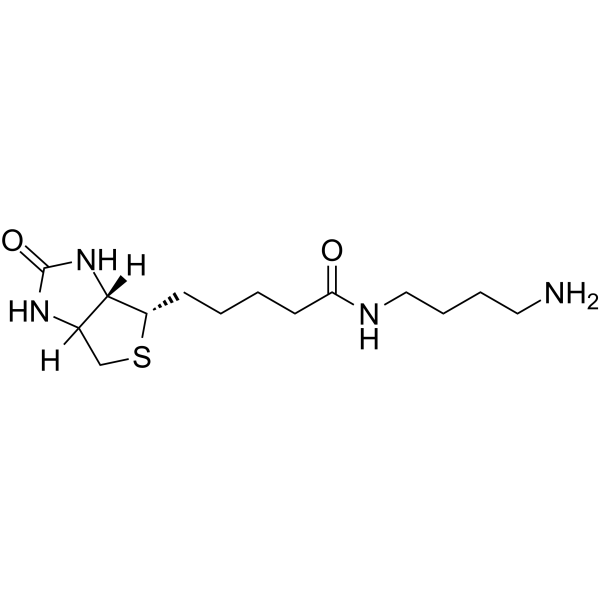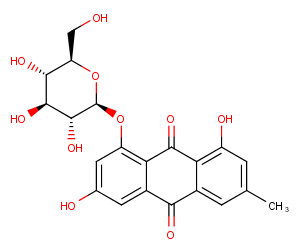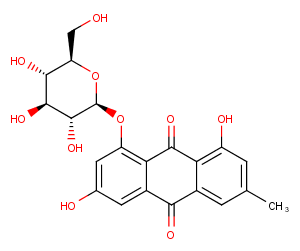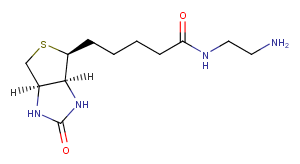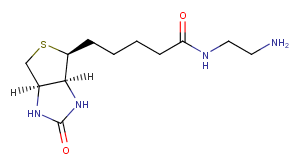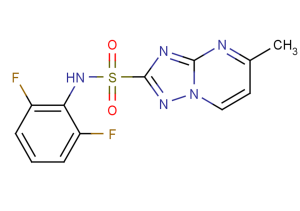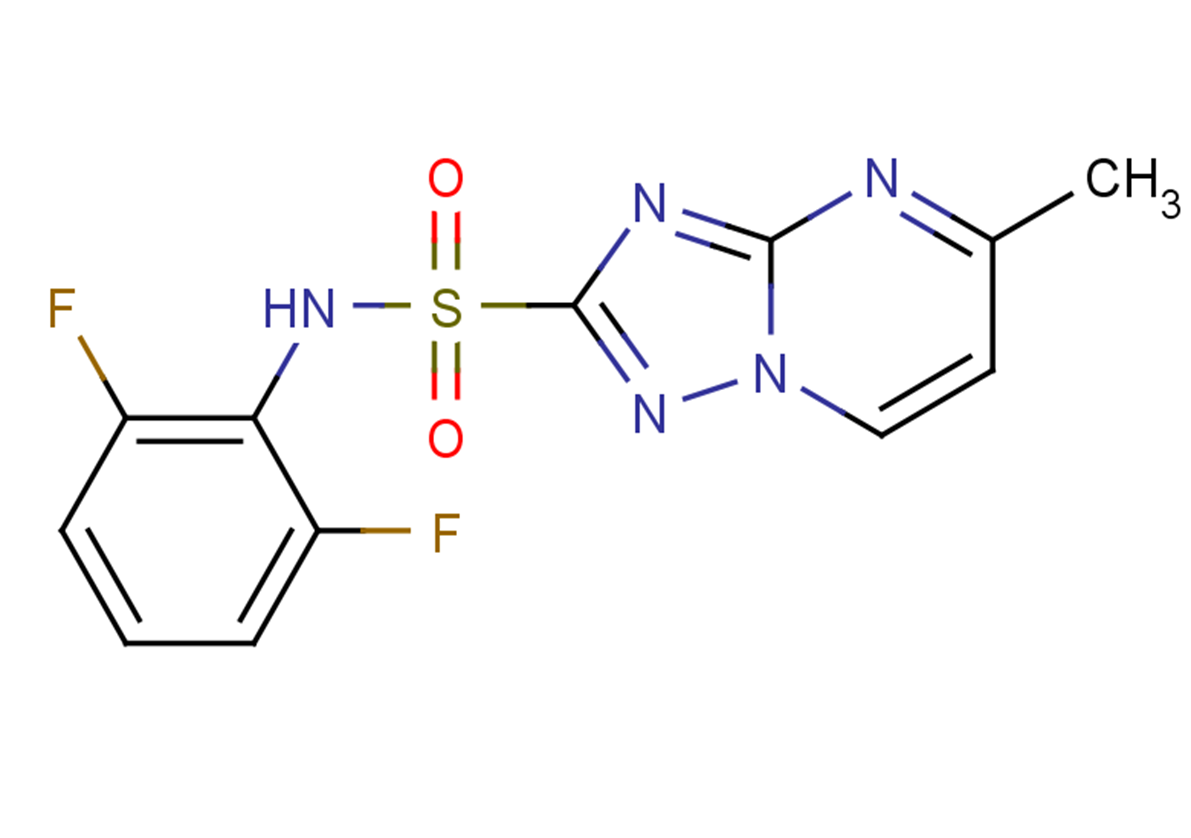Biotin-11-dCTP
50 mg
| Purity Not Available
TargetMol
TargetMol
TargetMol
TargetMol
Biotin-16- dUTP (Biotin-16-deoxyuridine-5′-triphosphate) trisodium can be used to replace its natural counterpart dTTP by enzymatically incorporating it into DNA/cDNA. Biotin-16- dUTP trisodium can be used to produce biotinylated DNA probes in a variety of assay applications [1] [2] . Storage: protect from light .
More Information
Supplier Page
TargetMol
Biotin-16- dUTP (Biotin-16-deoxyuridine-5′-triphosphate) trisodium can be used to replace its natural counterpart dTTP by enzymatically incorporating it into DNA/cDNA. Biotin-16- dUTP trisodium can be used to produce biotinylated DNA probes in a variety of assay applications [1] [2] . Storage: protect from light .
More Information
Supplier Page
Biotin-16-UTP
5 mg
| Purity Not Available
TargetMol
Biotin-16-UTP is an active substrate for RNA polymerase. Biotin-16-UTP can replace UTP in the in vitro transcription reaction for RNA labeling [1] .
More Information
Supplier Page
Biotin-16-UTP
50 mg
| Purity Not Available
TargetMol
Biotin-16-UTP is an active substrate for RNA polymerase. Biotin-16-UTP can replace UTP in the in vitro transcription reaction for RNA labeling [1] .
More Information
Supplier Page
TargetMol
Biotin-4-aminophenol is a useful organic compound for research related to life sciences and the catalog number is T64781.
More Information
Supplier Page
TargetMol
Biotin-4-aminophenol is a useful organic compound for research related to life sciences and the catalog number is T64781.
More Information
Supplier Page
TargetMol
Biotin-4-aminophenol is a useful organic compound for research related to life sciences and the catalog number is T64781.
More Information
Supplier Page
TargetMol
Biotin-4-aminophenol is a useful organic compound for research related to life sciences and the catalog number is T64781.
More Information
Supplier Page
TargetMol
Biotin-4-aminophenol is a useful organic compound for research related to life sciences and the catalog number is T64781.
More Information
Supplier Page
TargetMol
Biotin-4-aminophenol is a useful organic compound for research related to life sciences and the catalog number is T64781.
More Information
Supplier Page
TargetMol
Biotin-4-aminophenol is a useful organic compound for research related to life sciences and the catalog number is T64781.
More Information
Supplier Page
TargetMol
Biotin-amido-PEG4-PFP ester is a Polyethylene glycol (PEG)-based PROTAC linker utilized for PROTACs synthesis [1].
More Information
Supplier Page
TargetMol
Biotin-amido-PEG4-PFP ester is a Polyethylene glycol (PEG)-based PROTAC linker utilized for PROTACs synthesis [1].
More Information
Supplier Page
TargetMol
Biotin-amyloid-β (1-42) peptide is an affinity probe that allows amyloid-β (1-42) (Aβ42) to be detected or immobilized through interaction with the biotin ligand. It has been used to identify Aβ42 interaction partners in rat hippocampal synaptosomal membranes.
More Information
Supplier Page
TargetMol
Biotin-aniline is a probe that reacts strongly to RNA and DNA. biotin-aniline is highly efficient and is used to capture subcellular transcriptomes in living cells with high spatial specificity.
More Information
Supplier Page
TargetMol
Biotin-aniline is a probe that reacts strongly to RNA and DNA. biotin-aniline is highly efficient and is used to capture subcellular transcriptomes in living cells with high spatial specificity.
More Information
Supplier Page
Biotin-aniline
10 mg
| Purity Not Available
TargetMol
Biotin-aniline is a probe that reacts strongly to RNA and DNA. biotin-aniline is highly efficient and is used to capture subcellular transcriptomes in living cells with high spatial specificity.
More Information
Supplier Page
Biotin-aniline
25 mg
| Purity Not Available
TargetMol
Biotin-aniline is a probe that reacts strongly to RNA and DNA. biotin-aniline is highly efficient and is used to capture subcellular transcriptomes in living cells with high spatial specificity.
More Information
Supplier Page
Biotin-aniline
50 mg
| Purity Not Available
TargetMol
Biotin-aniline is a probe that reacts strongly to RNA and DNA. biotin-aniline is highly efficient and is used to capture subcellular transcriptomes in living cells with high spatial specificity.
More Information
Supplier Page
Biotin-aniline
100 mg
| Purity Not Available
TargetMol
Biotin-aniline is a probe that reacts strongly to RNA and DNA. biotin-aniline is highly efficient and is used to capture subcellular transcriptomes in living cells with high spatial specificity.
More Information
Supplier Page
Biotin-azide
1 mL
| Purity Not Available
TargetMol
Biotin-azide, also known as N-(3-Azidopropyl)biotinamide, is a modified version of biotin that contains an azide group at the end. This compound is commonly utilized in Click Chemistry to synthesize a wide range of biotinylated conjugates.
More Information
Supplier Page
Biotin-azide
1 mg
| Purity Not Available
TargetMol
Biotin-azide, also known as N-(3-Azidopropyl)biotinamide, is a modified version of biotin that contains an azide group at the end. This compound is commonly utilized in Click Chemistry to synthesize a wide range of biotinylated conjugates.
More Information
Supplier Page
Biotin-azide
5 mg
| Purity Not Available
TargetMol
Biotin-azide, also known as N-(3-Azidopropyl)biotinamide, is a modified version of biotin that contains an azide group at the end. This compound is commonly utilized in Click Chemistry to synthesize a wide range of biotinylated conjugates.
More Information
Supplier Page
Biotin-azide
10 mg
| Purity Not Available
TargetMol
Biotin-azide, also known as N-(3-Azidopropyl)biotinamide, is a modified version of biotin that contains an azide group at the end. This compound is commonly utilized in Click Chemistry to synthesize a wide range of biotinylated conjugates.
More Information
Supplier Page
Biotin-azide
25 mg
| Purity Not Available
TargetMol
Biotin-azide, also known as N-(3-Azidopropyl)biotinamide, is a modified version of biotin that contains an azide group at the end. This compound is commonly utilized in Click Chemistry to synthesize a wide range of biotinylated conjugates.
More Information
Supplier Page
Biotin-azide
50 mg
| Purity Not Available
TargetMol
Biotin-azide, also known as N-(3-Azidopropyl)biotinamide, is a modified version of biotin that contains an azide group at the end. This compound is commonly utilized in Click Chemistry to synthesize a wide range of biotinylated conjugates.
More Information
Supplier Page
Biotin-azide
100 mg
| Purity Not Available
TargetMol
Biotin-azide, also known as N-(3-Azidopropyl)biotinamide, is a modified version of biotin that contains an azide group at the end. This compound is commonly utilized in Click Chemistry to synthesize a wide range of biotinylated conjugates.
More Information
Supplier Page
Biotin-azide
500 mg
| Purity Not Available
TargetMol
Biotin-azide, also known as N-(3-Azidopropyl)biotinamide, is a modified version of biotin that contains an azide group at the end. This compound is commonly utilized in Click Chemistry to synthesize a wide range of biotinylated conjugates.
More Information
Supplier Page
TargetMol
TargetMol
Biotin-BS
500 mg
| Purity Not Available
TargetMol
Biotin-BS is a chemical compound composed of two distinct ligands: methyl-bestatin (MeBS) for cIAP1 and biotin. These ligands are interconnected through linkers. MeBS serves as a ligand specifically for the cellular inhibitor of apoptosis protein 1 (cIAP1) ubiquitin ligase[1].
More Information
Supplier Page
Biotin-BS
100 mg
| Purity Not Available
TargetMol
Biotin-BS is a chemical compound composed of two distinct ligands: methyl-bestatin (MeBS) for cIAP1 and biotin. These ligands are interconnected through linkers. MeBS serves as a ligand specifically for the cellular inhibitor of apoptosis protein 1 (cIAP1) ubiquitin ligase[1].
More Information
Supplier Page
TargetMol
Biotin-C1-PEG3-C3-amine (TFA) is a polyethylene glycol (PEG) based linker that serves as a crucial component in the synthesis of proteolysis targeting chimeras (PROTACs)[1].
More Information
Supplier Page
TargetMol
Biotin-C1-PEG3-C3-amine (TFA) is a polyethylene glycol (PEG) based linker that serves as a crucial component in the synthesis of proteolysis targeting chimeras (PROTACs)[1].
More Information
Supplier Page
TargetMol
TargetMol
TargetMol
TargetMol
TargetMol
TargetMol
TargetMol
TargetMol
TargetMol
Biotin-DADOO
50 mg
| Purity Not Available
TargetMol
Biotin-DADOO is a biotinylation reagent that can be used to synthesize a biotin-estradiol conjugate(i.e., biotin-DADOO-estradiol) to develop a direct, broad-range enzyme immunoassay to measure plasma estradiol concentrations.
More Information
Supplier Page
TargetMol
TargetMol
TargetMol



